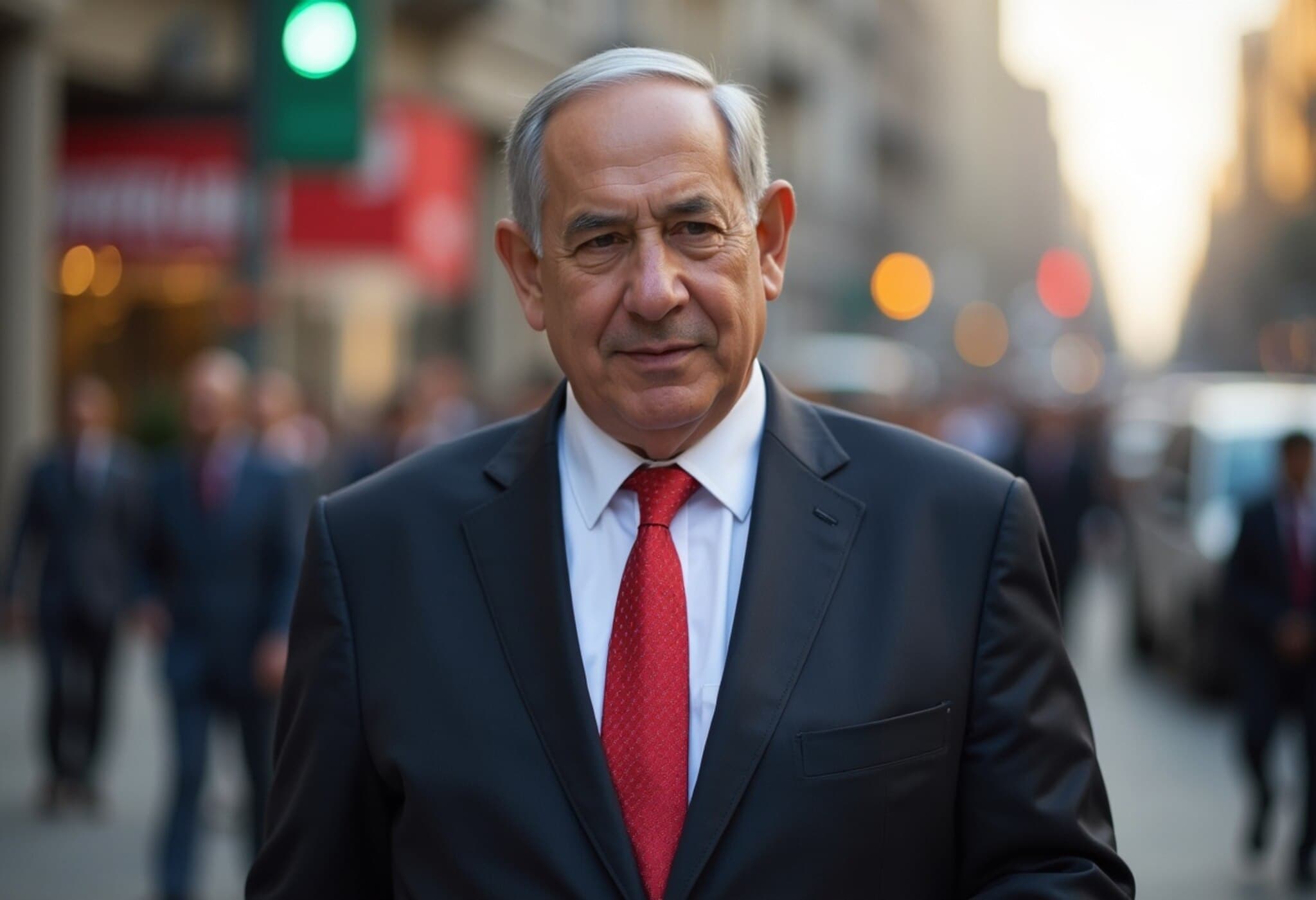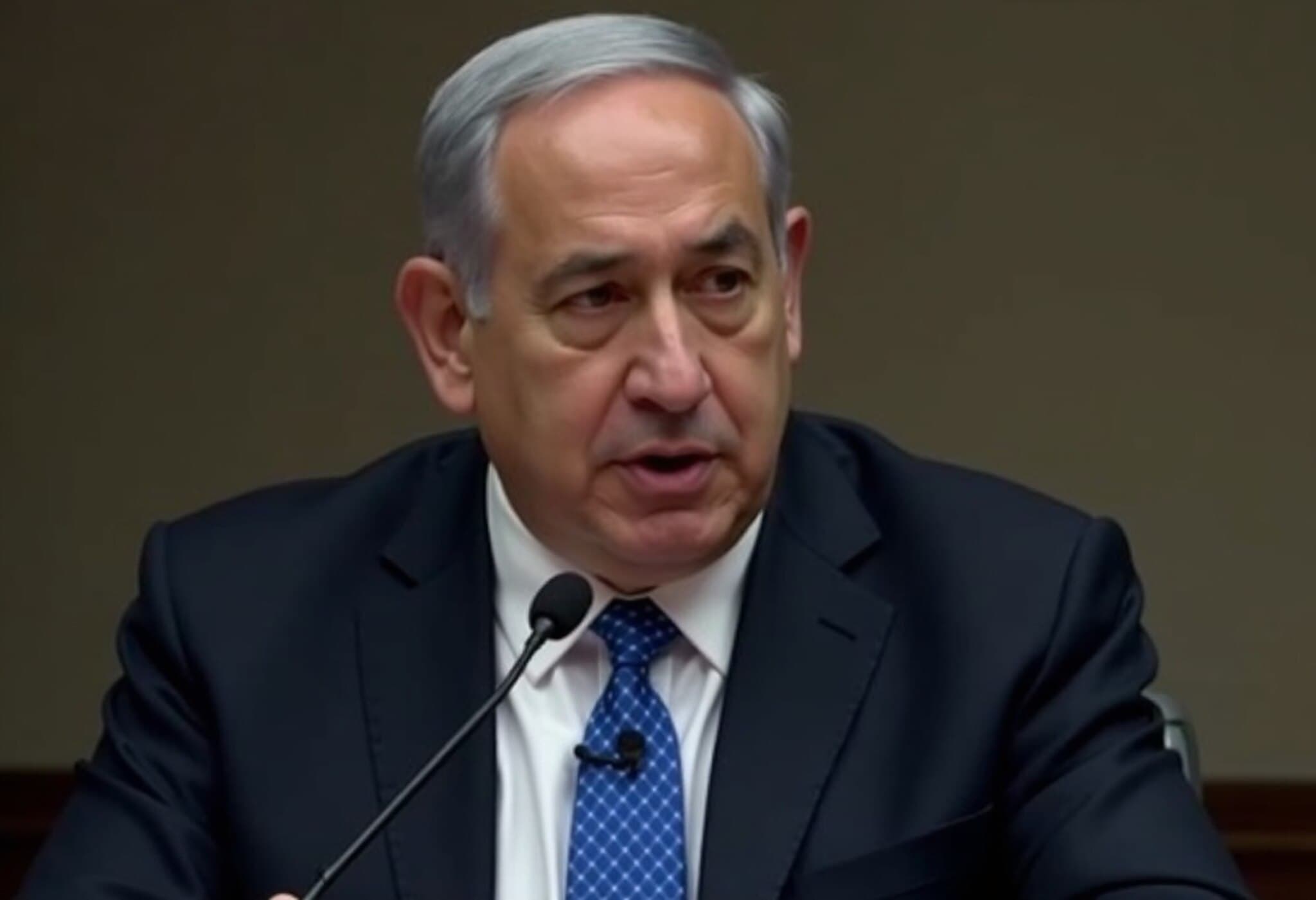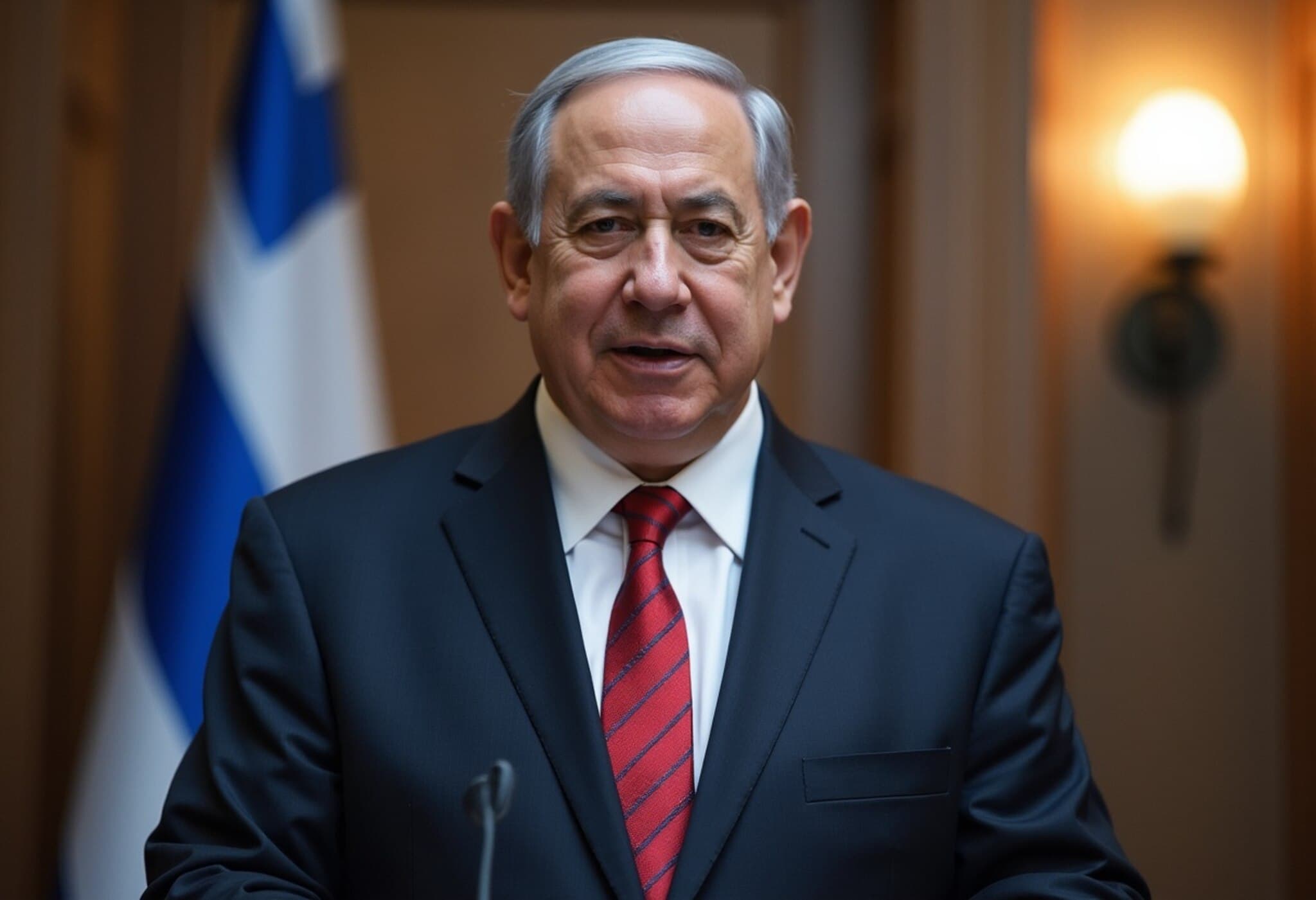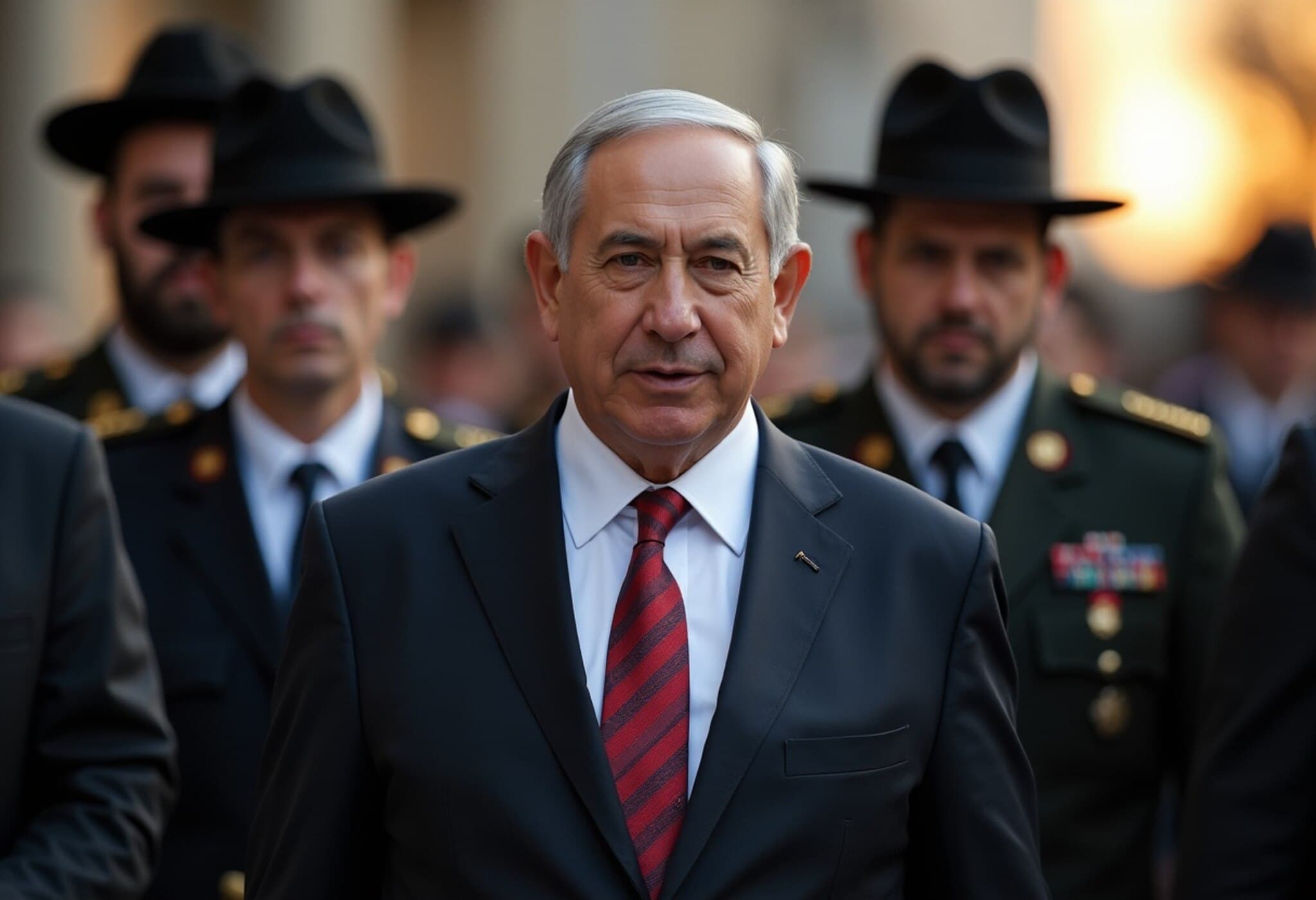Far-Right Israeli Politician Smotrich Criticizes Netanyahu on Gaza Aid and War Direction
In a sharp public critique, Israel’s far-right Finance Minister Bezalel Smotrich expressed strong opposition to the government’s recent decision to permit humanitarian aid into Gaza. Smotrich labeled it a “grave mistake,” warning that such aid routes could inadvertently bolster Hamas, the militant group central to the ongoing conflict.
His remarks come amidst heightened tensions within Prime Minister Benjamin Netanyahu’s ruling coalition, raising concerns over internal fractures just as diplomatic efforts intensify. Smotrich, who commands significant influence within the Religious Zionism party, also accused Netanyahu of failing to ensure that the Israel Defense Forces (IDF) strictly adhere to government directives during military operations in Gaza.
Controversy Over Aid Channels Amid Humanitarian Crisis
Israel’s cabinet recently approved expanding aid deliveries into northern Gaza, a move intended to relieve a deepening humanitarian emergency. According to United Nations estimates, Gaza faces a looming famine that could affect nearly half a million people in the coming months. This dire situation has put significant pressure on Israeli leaders to balance military objectives with humanitarian considerations.
Despite these efforts, Smotrich tweeted his concerns that the approved aid could be siphoned off by Hamas, providing "logistical support for the enemy during wartime." Such allegations underscore the enduring mistrust between Israeli officials and Hamas, with Israel maintaining that Hamas diverts aid to fund or equip militant activities—charges Hamas vehemently denies.
Political Ramifications Within Netanyahu’s Coalition
Smotrich’s disapproval is particularly notable given his party’s key role in sustaining Netanyahu’s narrow parliamentary majority. Earlier in January, Smotrich threatened to withdraw his party’s support if Israel agreed to an outright ceasefire before achieving its war aims, signaling persistent hardline opposition within the coalition.
With diplomatic discussions underway—most notably an upcoming meeting between Netanyahu and U.S. President Donald Trump aimed at endorsing a 60-day Gaza truce—the internal discord adds layers of complexity. An Israeli delegation also departed for Qatar for negotiations regarding hostages and potential ceasefire terms.
Broader Context: The Gaza Conflict and Its Toll
The conflict intensified after Hamas launched a surprise attack on southern Israel in October 2023, causing significant casualties and taking numerous hostages. Israel’s military response in Gaza has led to devastating consequences, with the enclave’s health ministry reporting over 57,000 Palestinian deaths and widespread displacement. The humanitarian fallout is profound, with infrastructure in ruins and civilians caught in the crossfire.
Critical Questions and Underreported Issues
- Governance and Military Oversight: How effectively is Netanyahu’s government ensuring civilian control over the military’s conduct in Gaza?
- Humanitarian vs. Security Balance: What safeguards exist to prevent aid diversion without exacerbating the civilian suffering?
- Political Stability: How might Smotrich’s discontent shape the future cohesion and policy direction of Israel’s right-wing coalition?
The tension between hardline security concerns and humanitarian imperatives illustrates the challenging tightrope Israeli leadership must navigate. As the international community watches closely, the evolving policies on Gaza aid and ceasefire negotiations remain pivotal.
Editor's Note
This unfolding rift within Netanyahu’s coalition highlights the intricate balance between national security strategies and humanitarian responsibilities in wartime governance. Smotrich’s criticism brings to light critical questions about civilian-military relations and the potential unintended consequences of aid policies in conflict zones. Observers should watch how these internal dynamics influence Israel’s approach to Gaza and its broader regional relations.



















